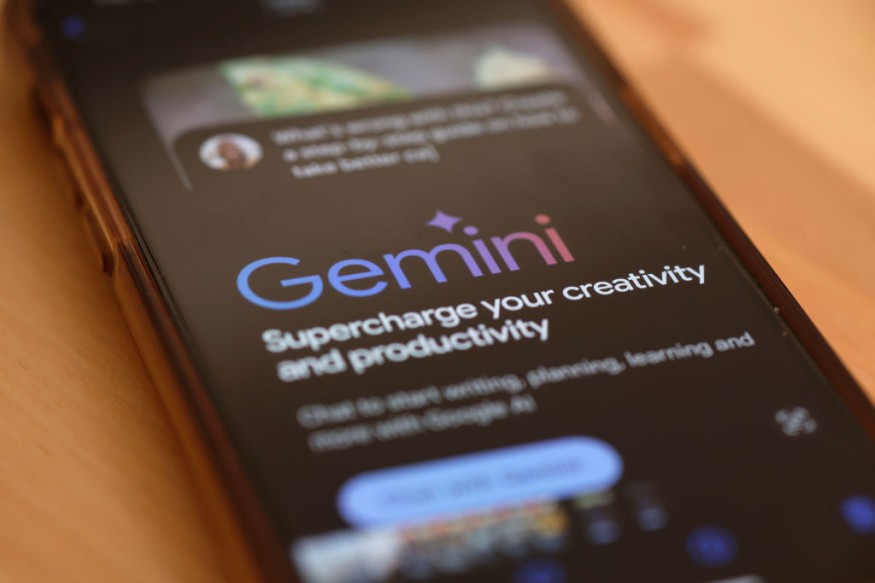
Google has decided to bring back its image generator for some users of its Gemini AI, after temporarily suspending it over concerns about its ability to accurately depict people of different races.
The decision follows adjustments aimed at making the tool more reliable and inclusive.
Imagen 3's New Inclusivity Measures
In a blog post, Google announced that the latest version of its text-to-image tool, Imagen 3, will soon be available to users with Gemini Advanced, Gemini Business, and Gemini Enterprise subscriptions.
According to Mashable, the company emphasized that these users will be the first to access the feature, initially in English.
Google explained that they have made technical improvements to enhance the accuracy and inclusivity of the AI-generated images. The company has also developed stricter evaluation methods, conducted red-teaming exercises to identify potential flaws, and set clear guidelines for how the tool should be used.
The Imagen 3 tool allows users to turn written prompts into vivid visual images.
Google has also added safeguards to prevent the tool from creating harmful content, such as instructions for self-harm, explicit material, or excessively violent images.
These measures are part of Google's efforts to ensure that the tool is used responsibly and in line with the company's values.
Google faced criticism when it first launched its text-to-image tool, particularly over how it depicted historical figures. There were concerns that the images created by the tool did not accurately reflect the diversity of the figures depicted, such as German soldiers in World War II and religious leaders like popes.
Google's initial images showed a range of characters, including Black and Asian soldiers and female popes, which sparked debate about representation and accuracy.
Google CEO Vows Improvements to Gemini AI Image Tool
In response to these concerns, Google CEO Sundar Pichai expressed a strong commitment to addressing the issues and improving the tool. The company has since worked on making the AI-generated images more accurate and representative, aiming to avoid similar controversies in the future.
Despite these improvements, Google has stated that it does not support the creation of highly realistic images of people, especially minors, or content that is overly violent, gory, or sexual.
According to CBS News, the tool is still in its early stages, and Google acknowledges that not every image generated by Gemini will be perfect. The company is committed to refining the tool based on user feedback and expanding its capabilities over time.
On Thursday, August 29, some Gemini Advanced users noticed that the image generation feature was temporarily unavailable. Google explained that this was due to ongoing updates and reassured users that the feature would be available soon.
The tool is expected to be rolled out gradually, with the goal of making it available to a broader audience and supporting more languages in the future.
Related Article : Nokia Launches Retro Barbie Flip Phone for $99, Promising Break from Digital Overload















